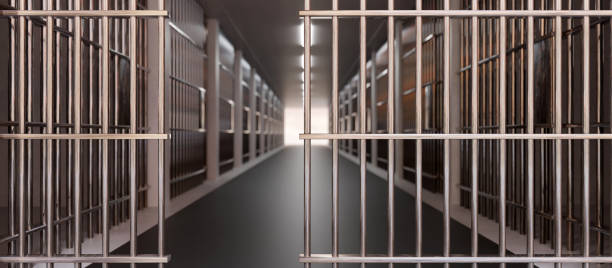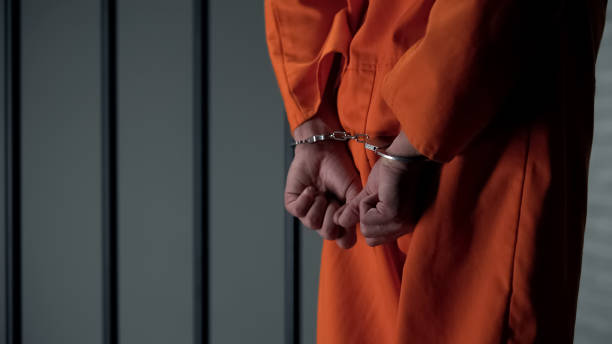How long is a life sentence? A life sentence in Australia is a legal term that denotes a significant and lengthy prison term. In this article we explore the question of “how long is a life sentence in Australia?”
The court decides the term of a life sentence on the basis of the severity of the crime and other factors like previous crime history of the offender. Typically, the answer to the question of how long is a life sentence is that the sentence can range from anywhere between 20 years to 30 years.
Note that life sentence can also be without parole. Section 61 of the Crimes (Sentencing Procedure) Act 1999 NSW, states that there is mandatory life sentences for many offences. These include offences such as:
- murder,
- aggravated sexual assault in company,
- sexual intercourse with a child under 10 years of age
- serious drug trafficking offences
How Long Is a Life Sentence?
As briefly discussed, in Australia, a life sentence is the most severe penalty that a court can impose on a criminal offender. It implies that the convicted individual will be imprisoned for an indefinite period.
Unlike some countries where “life” might mean lifelong incarceration, Australia’s legal system allows for the possibility of parole in most cases.
A key feature of life sentences in Australia is the existence of a “minimum non-parole period.” This is the minimum amount of time an offender must spend in prison before they can be considered for parole. The length of this period varies depending on the crime and the individual’s circumstances.
For instance, individuals convicted of murder typically face longer minimum non-parole periods than those convicted of other serious crimes, such as drug trafficking.
States generally set a maximum period for life sentence after which a parole board or judge myst review the sentence. The maximum period is different for different states. For instance, in NSW it is 25 years, whereas in Tasmania it is 20 years.

How Long is a Life Sentence: Factors that Courts Consider When Ordering a Life Sentence in NSW
According to the legal system, there are some factors that the courts must consider. Firstly, the court makes a finding on the basis of all factors of the case that the level of culpability is so extreme that it necessitates life imprisonment.
Following that, the court must take into account any personal factors or subjective factors that may warrant a life imprisonment sentence. For instance, they consider factors like:
- criminal history,
- prospects of rehabilitation, and
- threat to community
By taking all this into consideration, they ensure that life sentence, i.e. the maximum possible punishment is the only appropriate sentence for the offender.
Who is Eligible for Parole?
Life-sentenced individuals in Australia are typically eligible for parole once their minimum non-parole period expires. However, parole is not guaranteed, and the decision to grant it is made by a parole board, taking into account factors such as an offender’s behaviour while incarcerated and the risk they pose to the community.
The parole board assess several factors when deciding whether to release a life-sentenced prisoner. These factors include:
- the nature and seriousness of the crime,
- the prisoner’s behaviour and rehabilitation efforts, and
- the potential risk to the community. The primary goal of parole is to facilitate the reintegration of offenders into society.
Life-sentenced individuals have the right to appeal their convictions and sentences. The appeals process allows them to challenge the legality of their imprisonment or the length of their non-parole period.

Importance of Obtaining Legal Advice
Life sentences can have profound consequences on an individual’s life, including family and social relationships. Serving a lengthy prison term can also affect an individual’s mental and physical health. For criminal offences such as grievous bodily harm, or armed robbery with dangerous weapon, the person convicted can get maximum penalty of 25 years.
If you are dealing with a criminal matter, it is essential to speak with experienced criminal defence lawyers to avoid maximum penalty. Our criminal law team has extensive knowledge of dealing with all sorts of criminal matters in NSW including heinous crimes, traffic offences and drug offences.
Do you have a previous conviction? In case of any enquiries about criminal offence, severe sentence, severe consequence or maximum penalties do not hesitate to speak with our leading team today. We can represent you in Magistrates Court, District Court or Supreme Court.
Contact our solicitors today. If you are New South Wales, you can attend in-person consultations. If you are in other states such as Western Australia, South Australia or Victoria, we offer video consultations.
